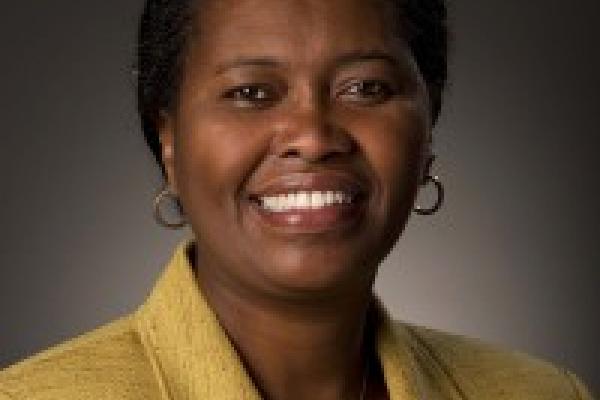Name: Anne Kiome Gatobu
Hometown: Lincoln, NE
Occupation: Associate Professor of Pastoral Counseling (Asbury Theological Seminary), Pastor (New Hope United Methodist Church)
Church Affiliation: United Methodist
How do you teach about sexual and domestic violence?
I teach Pastoral Counseling in the Church; Crisis Intervention; Systems Theory; and Advanced Issues in Cross Cultural Counseling. In all these courses, I intentionally embed material on domestic violence both as a class project requirement and as a powerpoint lecture discussion. The double approach ensures that students research the issue even when the actual project focus is about a specific counseling approach or a multicultural sensitivity, as well as provide education on essential subtopics such as the cycles of violence and the importance of early intervention.
Having students do thorough research to present in the class also ensures that every participant has access to a well-researched document about domestic violence and intervention methods that they can keep for future reference.
Why do you think it’s important for theological schools to offer this kind of training or teaching?
Families living with sexual or domestic violence often find themselves in an isolated social dilemma. The church should be one easily accessible and less threatening place for such families to find help and referral. Statistics regarding prevalence in North America and around the world suggests that the likelihood of having several families within our faith communities living with domestic violence is very high. It is, therefore, important that persons training to become pastors or to serve in other church ministries be aware of both the prevalence of the issue in their congregations as well as the appropriate ways to respond to victimized individuals and families. It is also crucial that persons training to be in ministry have a sound theology that drives their responsiveness to sexual or domestic violence in families.
What has surprised or challenged you as you teach this material?
Every time I have taught on the issue of domestic violence, in particular, I am surprised at how little information students have on the subject and its prevalence. I am also surprised at the denial that many students have about domestic violence cutting across socio-economic class and religiously-oriented families.
What gives you hope as you do this work?
Two major things give me hope as I train students on domestic violence issues, in particular. The first are the “aha moments” in class. It’s breathtaking to watch students learn the cycle of violence and come to the realization that early intervention can actually stop the cycle. The second source of hope is the role of religion in breaking the cycle of violence. As I found in my research, religion can be utilized to liberate and empower female victims as children of God deserving of respect and love.
Got something to say about what you're reading? We value your feedback!

